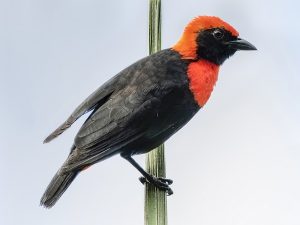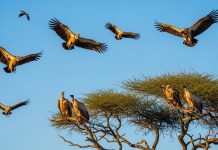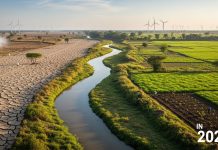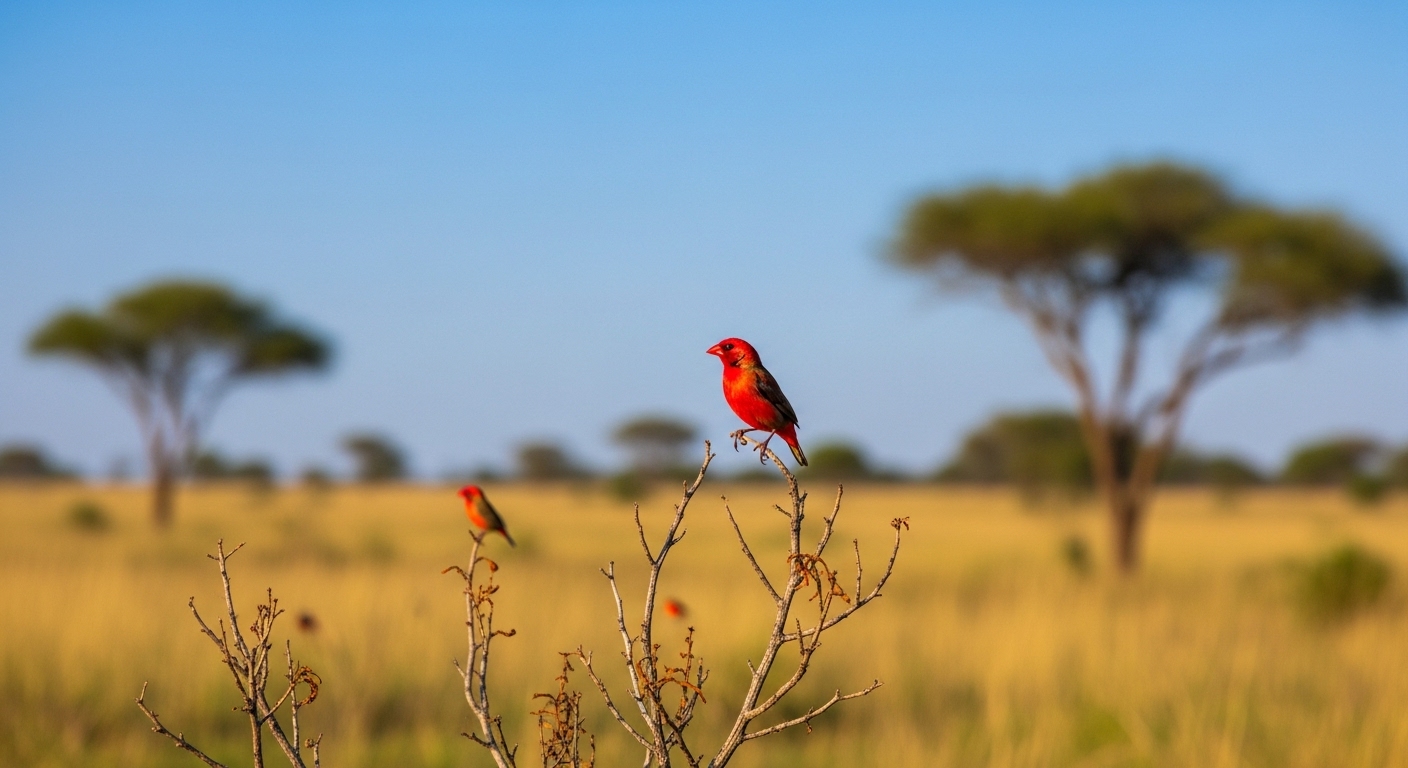Nigeria is home to more than 940 bird species, one of the highest in Africa. From tiny, bright waxbills to mighty eagles soaring above, our birds aren’t just beautiful to look at; they help keep nature in balance. But many of them are in danger, and we need to act fast.
A Country Full of Birds
Nigeria’s rich landscape, spanning forests, savannas, wetlands, and mountains, offers a perfect home to many types of birds. In the open savanna, you might spot the hooded vulture gliding through the sky. In thick forests, vibrant bushshrikes and orioles flit from tree to tree. Wetlands, meanwhile, attract water birds like the African jacana and the colorful pygmy goose.
Some birds live only in Nigeria. These include the Ibadan malimbe (Malimbus ibadanensis), Jos Plateau indigobird, and Anambra waxbill. They don’t exist anywhere else in the world, making them a special part of our country’s natural heritage.

Birdwatchers recently reported sightings of the stunning rock firefinch in the north, a tiny bird with fiery red feathers. Places like Oba Dam also attract migrating birds from as far away as Europe and Asia, especially during the dry season.
What’s Putting Them at Risk?
Sadly, not all is well for our feathered friends. At least 31 Nigerian bird species are now officially listed as threatened, and more could follow if no action is taken.
One of the biggest threats is habitat loss. Forests are being cut down, like in Oluwa Forest Reserve, leaving birds with nowhere to nest or find food. Wetlands are drying up or becoming polluted, especially with plastic waste. This puts species like the African pygmy goose at risk. In the Niger Delta, oil spills have badly damaged key bird areas.
Climate change is making migration harder. Birds that fly across continents to Nigeria often arrive at the wrong time, too early or too late to find food. Then there’s illegal hunting, whether for food or to sell birds as pets. All these pressures are contributing to the decline of bird populations.
There’s Still Hope
But it’s not all bad news. Across Nigeria, people are working to protect our birds.
At the A.P. Leventis Ornithological Research Institute (APLORI) in Jos, young scientists are trained to study and protect birdlife. Their work helps track bird populations and identify ways to protect species.
Protected places like Yankari Game Reserve and Gashaka-Gumti National Park provide safe homes for many birds. In nearby communities, locals are learning how to identify birds, report sightings, and reduce hunting. Organizations like BirdLife International are also helping to plant trees, restore wetlands, and repair damaged habitats.
Why Should We Care?
Birds help pollinate plants, spread seeds, and control insects. They’re part of what keeps nature healthy. They also bring in tourists from around the world, boosting the economy.
And you can help, too:
- Join a bird count in your area
- Support local conservation groups
- Avoid littering, especially near water
- Talk to others about why birds matter
Our birds help tell the story of Nigeria. Let’s make sure they’re still part of it for years to come.

















